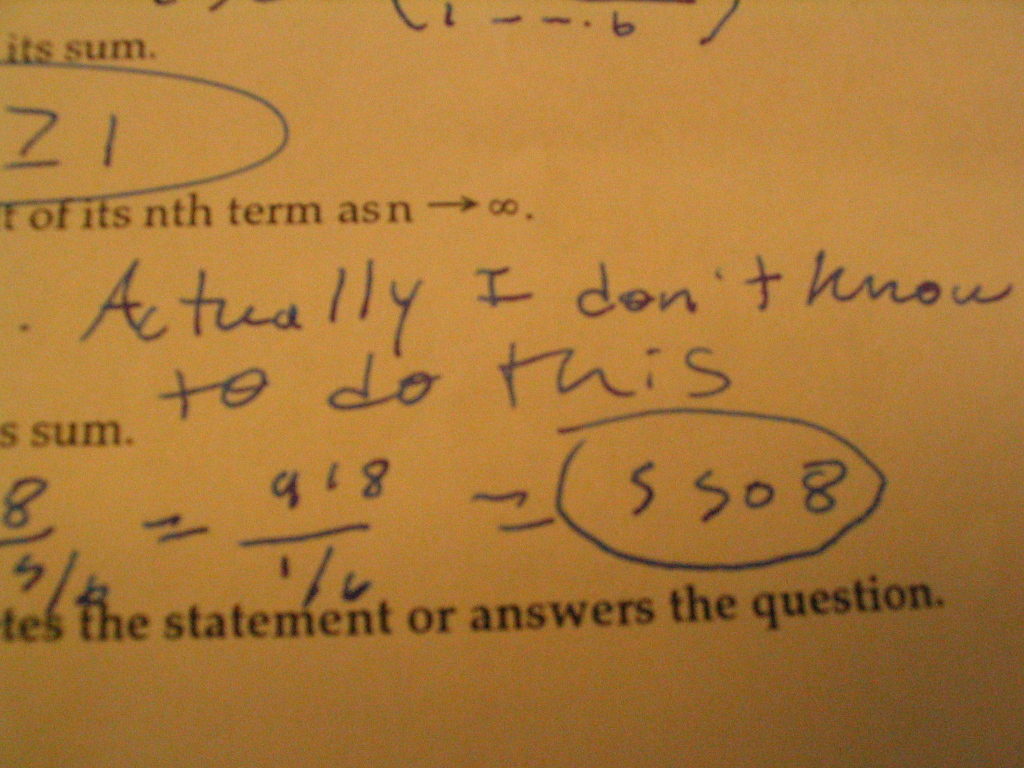As regular readers of City Observatory already know, the use, misuse and abuse of real estate price indices is one of our pet peeves. We’ve repeatedly excoriated Abodo, Zumper and others for mis-representing median values calculated from their apartment listings, as rental inflation gauges, because they work more like random number generators than measures of actual market activity.

It’s all well and good that so many more journalists are paying attention to data, but in our view, they need to be a lot more thoughtful about presenting and interpreting it. This month we turn to a story from the Guardian, which reports on a new 15 percent tax the British Columbia Government imposed on foreign purchases of residential real estate.
In an article entitled “Has Vancouver found the solution to a super-heated housing market?”* As the Guardian’s Patrick Colison hails the tax as having produces a nearly immediate one-sixth decline in real estate prices.
The impact has, by some measures, been more startling than campaigners could have hoped for. The price of the average detached home reportedly slumped by an astonishing 16.7% in August alone to C$1.47m (£856,000), according to the Real Estate Board of Greater Vancouver.
“Startling.”
“Astonishing.”
But in fact, is there any evidence that prices are down, or if the new tax had anything to do with it? Actually, no. The dramatic data Colison cites comes from an article published by Huffington Post BC, which quotes the original source of the data, the Vancouver real estate board. If you click through and read the Huffington Post article (alarmingly titled “Vancouver average detached home prices show worst slide in 39 years” ) it does present the 16.7 percent figure but then also goes on to point out why that reported number is likely a highly inaccurate indicator of real changes in home prices.
As it turns out, the Real Estate Board’s figure is the simple arithmetic mean of the value of home sales in a given month. As a result, it’s highly subject to short term variation due to composition effects. In one month, the average price of homes sold fell by 16.7%, but not because the price of a typical home declined, but because fewer very high end homes sold that month. There are lots of reasons why the composition of sales might change, summer is a slow season, and perhaps more importantly, some people may have made sure their sales went through before the tax went into effect.
Here’s how composition effects work: Imagine a community where 10 houses sold each month: nine $500,000 houses and one $5 million house. The arithmetic mean of the sales prices is $950,000 ($9.5 million in total value divided by 10 houses). Now suppose in the next month, ten houses are sold, but they are all of the $500,000 variety. Then, the average price of home is $500,000 ($5 million divided by 10 houses). If you looked just at the overall mean, you might conclude that prices had fallen by more than 40 percent. Of course, the price of the typical house didn’t change.
The gold standard for judging house price changes is a repeat sales index, which looks at the same house each time its sold and looks to see how much it appreciated since its last sale. You compute an annualized growth rate (every house has a different period since it last sold) and then use these changes in value to judge how much housing prices increased or decreased. You can also use a hedonic or quality adjusted model, so that you factor in the differences in the size, location and other aspects of a house. Vancouver’s quality adjusted “benchmark” estimates are that prices were basically flat in the last month or so, and are up about 30 percent over the last year.
If one looks at sales of like homes, there’s no evidence of a decline in Vancouver home prices, at least not yet, and certainly not a startling, astonishing 16.7 percent.
None of this is to say that a foreign buyer tax isn’t a good idea—and it might actually have an impact on the rate of home price inflation at the high end of the market or that it might turn out to be a good way to help finance more affordable housing. But cherry-picking a pretty obviously unreliable one-month indicator to make such a claim its already solving the problem isn’t responsible journalism.
It may well be that in a handful of global markets (London, Manhattan, Sydney, Vancouver) foreign buyers are driving up prices. But that’s unlikely to be the case in most places. As we’ve seen in most cities around the US, the cause of rising rents is not rich foreigners, but the combination of a growing demand for urban living running headlong into significant constraints on building housing in the kind of city neighborhoods people increasing want to live in. Whether a foreign-buyer tax will actually dampen rent or house price inflation is still far from clear—and it certainly can’t be discerned from a hasty and inaccurate reading of one-month’s data.
Notes
* – This is a classic example of what at City Observatory we have called “Hertz’s Law” which was propounded by our colleague Daniel Kay Hertz. It holds that if a blog post headline is phrased as a question the answer is almost always: “no.” Framing a tenuous proposition as a question allows the clever journalist the ability to simultaneously imply that the proposition is in fact true, while maintaining plausible deniability that the journalist has actually reached that conclusion (or in fact, any conclusion).
If you are looking for an apartment to rent, you definitely might want to check out listings on Abodo and Zumper; just please don’t use their deeply flawed measures to judge rent changes.

